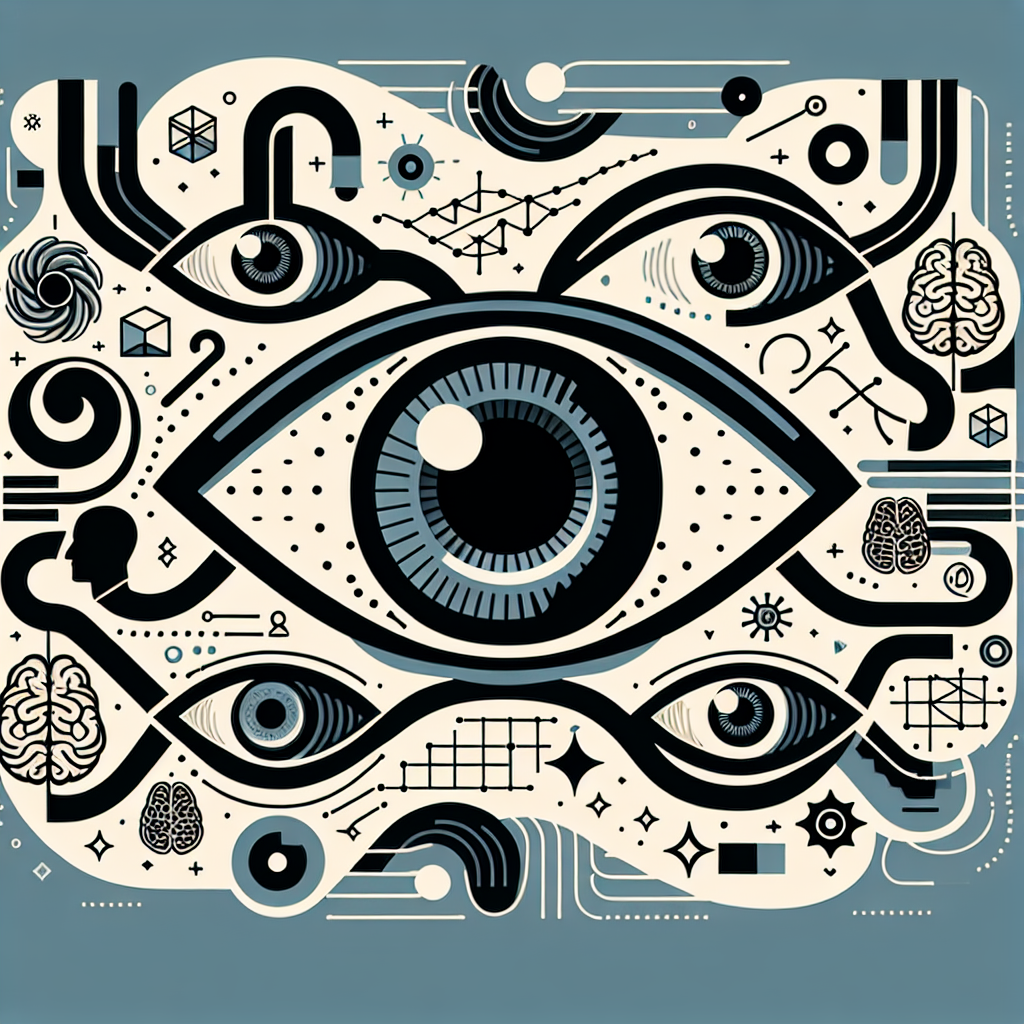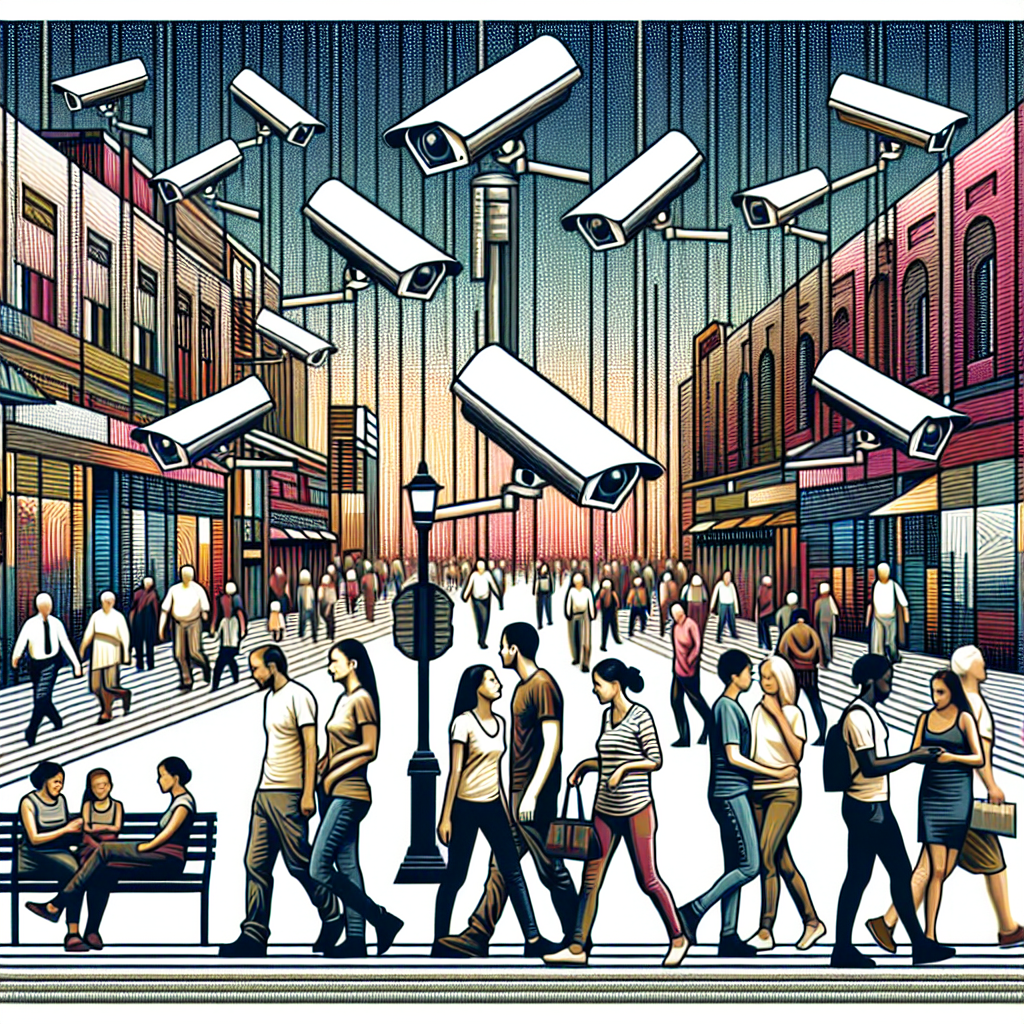The Psychology of Surveillance: What Big Brother Teaches Us
Understanding Surveillance in Modern Society
Surveillance, once a term limited to law enforcement and government oversight, has permeated everyday life, with implications that stretch deep into psychology and social dynamics. The phenomenon, often labeled as “Big Brother” due to George Orwell’s dystopian narrative, reflects an intricate relationship between the observer and the observed. This relationship is underpinned by the effects of constant surveillance on individual behavior, societal norms, and personal psychology.
Historical Context of Surveillance
To grasp the psychology of surveillance, one must first explore its historical roots. The term “surveillance” originates from the French “surveiller,” meaning “to watch over.” In ancient societies, surveillance was exercised through physical presence and designated officers of the peace, but the industrial revolution brought forth mechanized forms of oversight. With technological advancements, the scope of surveillance expanded dramatically, culminating in digital tracking systems today.
The Psychological Impact of Surveillance
The psychological ramifications of surveillance are profound. Research indicates that the awareness of being watched can lead to significant changes in behavior. This phenomenon, called the “surveillance effect,” triggers a complex response in individuals. People often alter their actions, conforming to expected norms, which can stifle creativity and lead to self-censorship.
A pivotal study by Jeffrey Hall et al. demonstrated that individuals observed via CCTV exhibited more compliant and less deviant behavior. Participants aware of being monitored were less likely to engage in activities perceived as destructive or inappropriate, reinforcing conformity and obedience to societal standards.
Surveillance and Social Identity
Surveillance molds social identity as it dictates what behaviors are normalized or stigmatized. When individuals perceive they are being consistently monitored, they often internalize the norms imposed upon them, leading to a phenomenon termed “self-surveillance.” In essence, individuals begin to regulate their own actions. This self-regulation is pivotal in understanding how societal expectations shape personal identity and self-perception.
Social identity theory, proposed by Henri Tajfel, indicates that people derive part of their self-concept from perceived membership in social groups. When subjected to surveillance, individuals may emphasize adherence to the norms of their perceived group, creating an environment where unique identities can be suppressed. This paradox of individuality in settings characterized by extensive scrutiny highlights the tension between self-expression and societal expectation.
Fear and Compliance: The Power of Surveillance
Surveillance has long been utilized as a mechanism of control, engendering a culture of fear. The panopticism, a concept introduced by philosopher Michel Foucault, exemplifies how surveillance can instill a sense of helplessness. The panopticon, a design for a prison where inmates know they might be watched, leads them to regulate their behavior accordingly, even in the absence of an actual observer.
Foucault argues that modern society operates under a similar principle. The omnipresence of cameras, tracking systems, and data collection fosters a pervasive sense of being constantly monitored, leading to compliance and conformity. This raises questions about freedom, agency, and the ethical implications of surveillance on personal autonomy.
Surveillance Capitalism: The Economic Angle
As technology evolves, so does the concept of surveillance capitalism, popularized by Shoshana Zuboff. Companies collect vast amounts of personal data through surveillance techniques, leveraging this information to predict and manipulate consumer behavior. This commodification of personal data presents unique psychological challenges, as individuals grow increasingly aware of their commodified selves.
The consciousness of being surveilled impacts trust in institutions and relationships. Distrust can breed a defensive approach toward sharing personal information, leading to an erosion of social bonds. Psychological research shows that when individuals feel their privacy is invaded, their levels of trust decrease, affecting social cohesion.
The Ethical Implications of Surveillance
The ethics of surveillance pose significant psychological dilemmas. Automation in data collection often strips individuals of the context in which their actions take place. This can lead to misinterpretations and a lack of empathy in decision-making processes. Ethical surveillance practice necessitates transparency, informed consent, and accountability to foster a sense of security and trust among the observed.
Psychological studies advocate for a balance between security and privacy, recognizing that while surveillance may enhance safety, it can simultaneously infringe upon personal liberties. The challenge lies in navigating the thin line between protection and oppression in surveillance practices.
Democracy, Surveillance, and Psychological Dynamics
In democratic societies, the intertwining of surveillance and governance illustrates complex psychological dynamics. While some argue that surveillance is necessary for national security, others view it as an infringement on civil liberties. The psychological impact of this tension cannot be understated.
Fear and anxiety surrounding surveillance create a climate where civil disobedience could be stifled. The belief that dissent is being monitored can limit free expression, fundamentally altering the psychology of protest movements. As history shows, citizens may avoid engaging in movements when they feel vulnerable to repercussions, raising critical questions about the health of democratic processes.
The Role of Digital Technology in Surveillance
Digital technology has revolutionized surveillance methods, making it more ubiquitous than ever. From social media platforms gathering user data to governments employing facial recognition technology, the proliferation of digital surveillance alters interpersonal dynamics.
Studies suggest that users’ engagement on social media changes when they become aware of the platform’s data tracking practices. The proposition of losing agency over one’s information can lead to anxiety and stress, compelling individuals to rethink their online behaviors. A psychological study conducted by the Pew Research Center highlighted that a significant percentage of users express discomfort with how platforms handle their data, reflecting a growing awareness of surveillance’s impact.
Self-Expression in the Age of Surveillance
Amid the pervasive influence of surveillance, individuals grapple with self-expression. The psychological toll of living under constant observation can lead to feelings of isolation and alienation. As people navigate their identities in a surveilled world, many retreat into curated personas that may not reflect their true selves.
Creative expression can feel constrained, as individuals shy away from ideas that may be deemed controversial or disruptive. This selective self-presentation, rooted in fear of judgment, shapes artistic and personal communication, ultimately impacting cultural development and societal progress.
The Future of Surveillance Psychology
As technology advances, so too will the psychological implications of surveillance. Artificial intelligence and machine learning will further refine data collection methods, amplifying existing tensions. The psychological landscape is set to evolve, necessitating ongoing research and dialogue regarding the implications for individual freedom and societal functioning.
As communities confront the complexities presented by surveillance, understanding the psychological dimensions is critical. Ensuring that individuals navigate the realities of a surveilled world thoughtfully and ethically will be paramount in fostering a society that values both security and personal agency.
By recognizing the intricate dynamics at play between surveillance and psychology, stakeholders can work towards frameworks that respect individual freedoms while enhancing social responsibilities. Underlying this endeavor will be the realization that the interplay between being watched and personal integrity will fundamentally shape the experiences of generations to come.













Leave a Reply